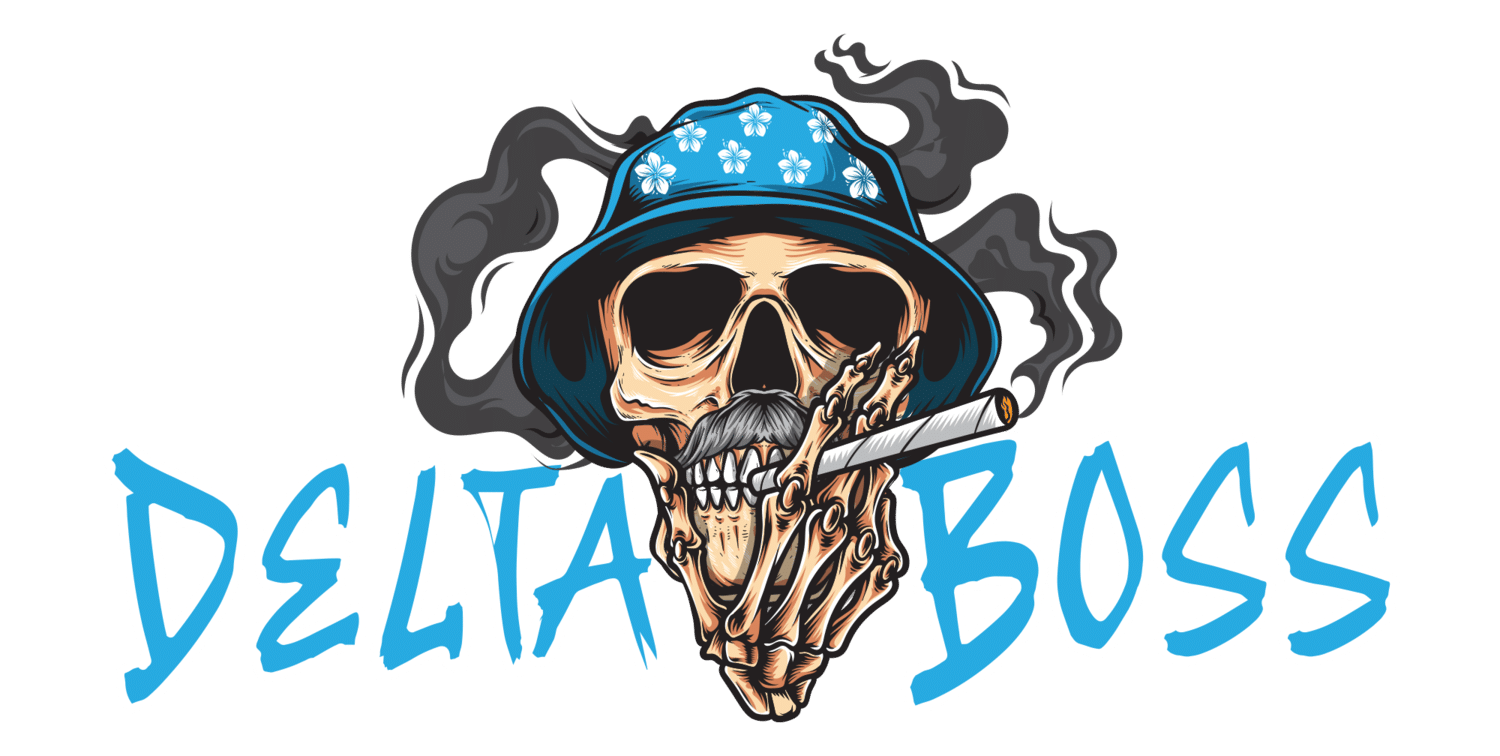Is Delta 8 THC Legal in Your State
Navigating the Legal Landscape of Delta 8 THC: Is It Legal in Your State?
The world of cannabis and its derivatives is ever-evolving, and keeping up with the legality of substances like Delta 8 THC can feel like navigating a labyrinth. As a milder cousin to Delta 9 THC (the main psychoactive component in marijuana), Delta 8 THC offers many of the same benefits—such as euphoria, relaxation, and potential pain relief—without the intensity that can sometimes lead to anxiety or paranoia. But the big question on everyone’s mind is: “Is Delta 8 THC legal in my state?” Let’s dive into the nitty-gritty of Delta 8 THC’s legal status across the United States and understand what this means for you.
What is Delta 8 THC?
Before delving into the legal intricacies of Delta 8 THC, it’s essential to understand what this compound is. Delta 8 THC is a lesser-known cannabinoid naturally occurring in cannabis plants, but not nearly as prevalent as Delta 9 THC, its well-known counterpart. Typically, Delta 8 is manufactured from CBD, which is derived from federally legal hemp under the 2018 Farm Bill. This process transforms it into various concentrates that can be utilized in products like vapes, gummies, and more, expanding its accessibility and consumption methods. This synthetic transformation and its implications play a significant role in the legal landscape that governs Delta 8 THC.
The Federal and State Divide
Federal Legality
Federally, the legal status of Delta 8 THC remains somewhat ambiguous. The 2018 Farm Bill legalized hemp and all its derivatives, provided the Delta 9 THC content is below 0.3% by dry weight. Theoretically, this makes Delta 8 THC, derived from hemp CBD, federally legal. However, the DEA’s Interim Final Rule introduces complexity, classifying synthetically derived tetrahydrocannabinols, which may include certain processes of producing Delta 8 THC, as Schedule I controlled substances. This discrepancy between legislation and enforcement guidance has sparked considerable confusion and ongoing debate about Delta 8 THC’s legal status at the federal level.
State Regulations
The legality of Delta 8 THC at the state level is even more varied. Several states have explicitly outlawed Delta 8 THC, treating it similarly to Delta 9 THC due to its psychoactive effects. Other states allow it under the same guidelines as CBD. Here’s a breakdown of where Delta 8 THC stands in a few key states:
- California: Despite its cannabis-friendly laws, California has banned Delta 8 THC products derived from hemp.
- Colorado: Known for its progressive cannabis laws, Colorado surprisingly bans all forms of THC isomers, including Delta 8.
- New York: Following in the footsteps of other states with strict cannabis regulations, New York has also banned Delta 8 THC.
- Florida: Here, Delta 8 THC remains legal, reflecting the state’s more lenient stance on cannabinoids derived from hemp.
- Texas: After much legal back-and-forth, Delta 8 THC remains legal in Texas, although this is subject to change with ongoing legislative battles.
For a comprehensive list and more detailed information about each state, resources such as the State Cannabis Legislation Tracker provided by the National Conference of State Legislatures are invaluable.
Why the Varied Legality?
The varied legality of Delta 8 THC across states primarily stems from its psychoactive effects and complex production processes. Unlike CBD, Delta 8 often undergoes additional synthetic modifications from its original form in hemp, leading some states to classify it similarly to controlled substances. This categorization reflects concerns about the psychoactive nature of Delta 8 THC and the lack of comprehensive research and regulatory oversight concerning its safety, potency, and purity. Such factors significantly contribute to the push for more stringent regulations or outright bans in various jurisdictions.
What This Means for THC Consumers
If you’re looking to purchase or use Delta 8 THC, it’s crucial to:
- Check Local Laws: Stay updated with your state’s regulations as they can change rapidly.
- Purchase Wisely: Opt for reputable brands that provide transparent third-party lab results to ensure product safety and legality.
- Stay Informed: Follow news on cannabis legislation to be aware of any changes that might affect the availability and legality of Delta 8 THC.
Looking Ahead
The landscape of cannabis laws in the U.S. is continually changing. With ongoing research and the potential federal legalization of marijuana, the future of Delta 8 THC might see new legal interpretations and regulations. Staying informed and engaged with cannabis legislation will be key to navigating these changes safely and legally.
As of the latest information, Delta-8 THC is legal in 22 states and the District of Columbia with varying levels of regulation. The states where it remains legal with minimal restrictions include Alabama, Arizona, Arkansas, Florida, Georgia, Illinois, Indiana, Kentucky, Maine, Maryland, Missouri, Nebraska, New Jersey, New Mexico, North Carolina, Ohio, Oklahoma, Pennsylvania, South Carolina, Texas, Wisconsin, and Wyoming. However, legality can be complex as some states have age restrictions and others are reviewing their legal stance on Delta-8 THC.
For a detailed and up-to-date overview of Delta-8 THC’s legality in each state, visit CBD Oracle’s comprehensive state-by-state map.

